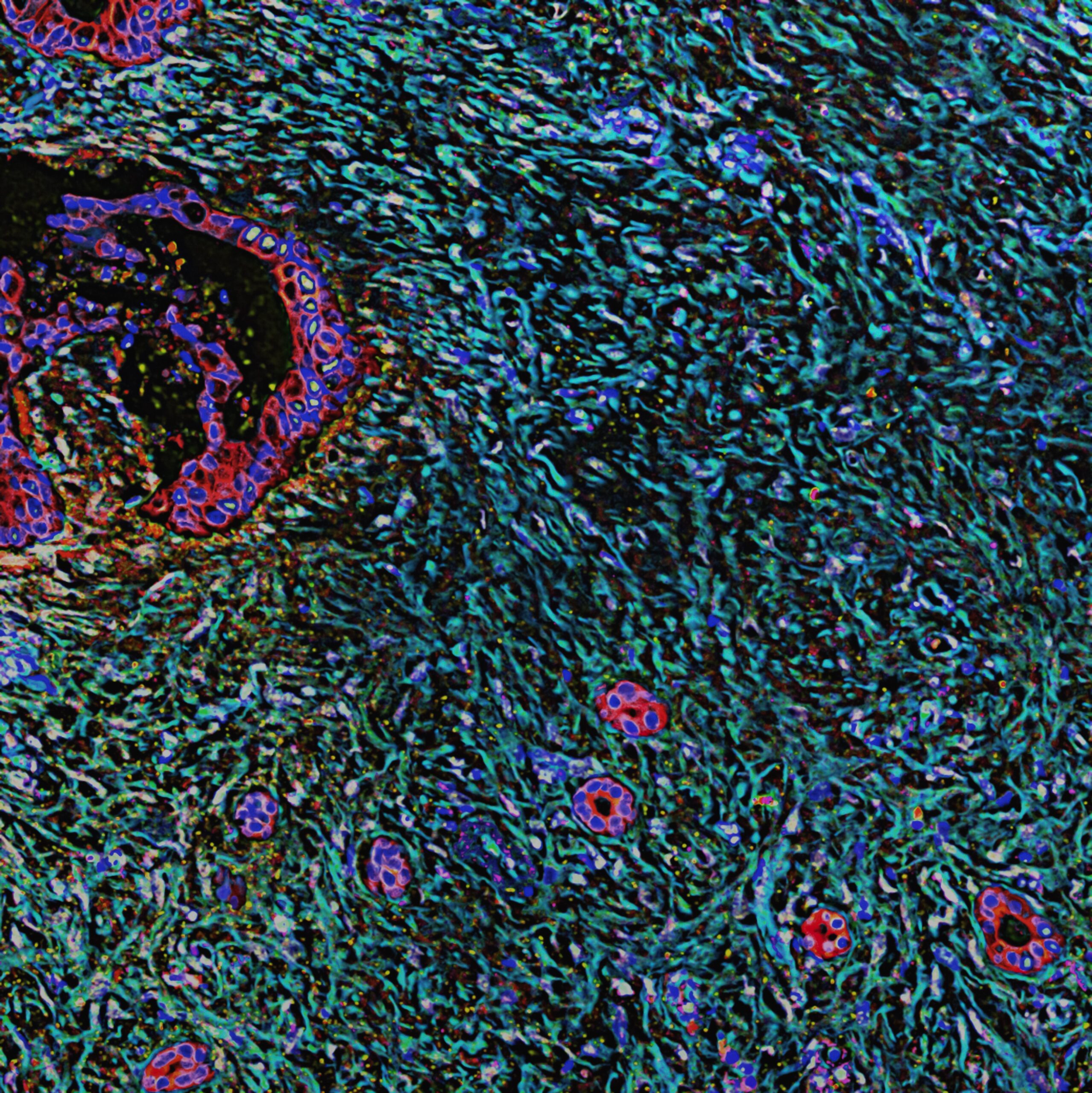Pancreatic Cancer: A Comprehensive Guide
Introduction
Welcome to our comprehensive guide on pancreatic cancer. In this article, we will provide you with a step-by-step overview of this disease, its symptoms, risk factors, diagnosis, treatment options, and prevention strategies. We will also include references to reliable sources for further reading and research.
Understanding Pancreatic Cancer
Pancreatic cancer is a type of cancer that forms in the tissues of the pancreas, an organ located in the abdomen. It occurs when cells in the pancreas start to grow uncontrollably, forming a tumor. This cancer is known for its aggressive nature and often goes undetected until it reaches advanced stages.
Symptoms
The symptoms of pancreatic cancer can vary depending on the stage of the disease. Common symptoms include:
- Jaundice (yellowing of the skin and eyes)
- Abdominal pain or discomfort
- Unexplained weight loss
- Loss of appetite
- Digestive problems
- Fatigue
If you experience any of these symptoms, it is important to consult a healthcare professional for further evaluation.
Risk Factors
While the exact cause of pancreatic cancer is unknown, certain factors may increase the risk of developing the disease. These include:
- Smoking
- Family history of pancreatic cancer
- Age (most cases occur in people over 65)
- Obesity
- Diabetes
- Chronic pancreatitis
It is important to note that having one or more risk factors does not necessarily mean a person will develop pancreatic cancer. Conversely, some individuals without any known risk factors may still develop the disease.
Diagnosis
Diagnosing pancreatic cancer typically involves a combination of medical history review, physical examination, imaging tests (such as CT scans or MRIs), and biopsy. A biopsy is the definitive method for confirming the presence of cancer cells in the pancreas.
Treatment Options
The treatment options for pancreatic cancer depend on several factors, including the stage of the disease and the overall health of the patient. Common treatment modalities include:
- Surgery: This may involve removing part or all of the pancreas, as well as nearby lymph nodes and tissues.
- Chemotherapy: Medications are used to kill cancer cells or slow their growth.
- Radiation therapy: High-energy beams are used to target and destroy cancer cells.
- Targeted therapy: Drugs are used to specifically target cancer cells.
Each treatment approach has its own benefits and risks, and the best course of action will be determined by the healthcare team in collaboration with the patient.
Prevention
While it is not always possible to prevent pancreatic cancer, there are steps you can take to reduce your risk:
- Avoid smoking or seek help to quit smoking.
- Maintain a healthy weight through regular exercise and a balanced diet.
- Limit alcohol consumption.
- Manage diabetes effectively.
It is also important to attend regular check-ups and screenings, especially if you have a family history of pancreatic cancer or other risk factors.
Conclusion
Pancreatic cancer is a serious disease, but with early detection and appropriate treatment, the prognosis can improve. By understanding the symptoms, risk factors, diagnosis, treatment options, and prevention strategies, you are better equipped to navigate this challenging journey. Remember, always consult with healthcare professionals for personalized advice and guidance.
For more information and in-depth research, you can refer to the following reputable sources:

